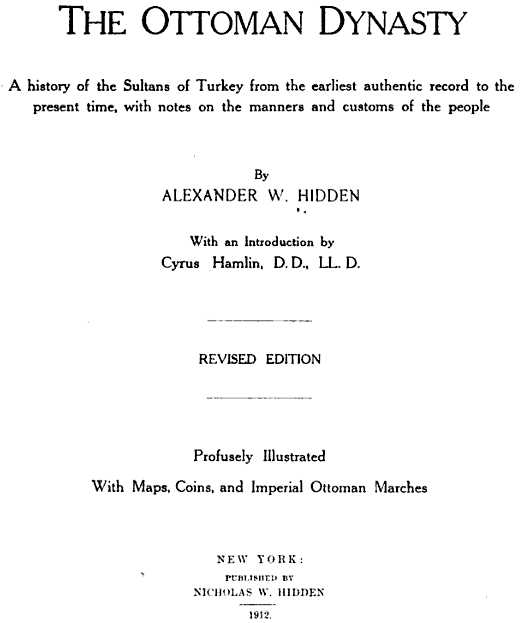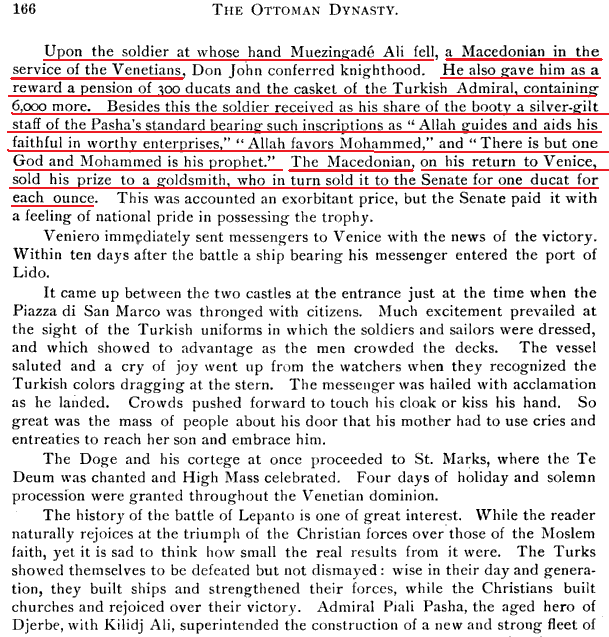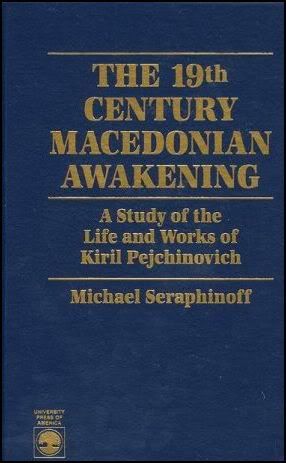With the assumption of control in the Balkans by the Ottomans, the Archbishopric of Ohrid in Macedonia had its widespread power and influence marginalised, while the Patriarchate of Constantinople found itself in a rejuvenated position resulting from its new found friendship with the recently arrived Muslim overlords. With the renewal of the Archbishopric of Pech in Serbia in the year 1557, the Archbishopric of Ohrid in Macedonia began to lose even more ground and traditional territories, however, the Macedonian people stood firm behind their church and the main foe continued to be the Turk. Tensions between the Macedonian Christians and Ottoman Muslims increased significantly from the 1560's onwards, which saw places like Debar, Ohrid, Tetovo, Gostivar, Skopje, Prilep, Mariovo, etc explode in sporadic revolt and resistance against the foreign oppressor.
In the same year, 1571, the Ottoman navy was destroyed near Corinth by Don John of Austria, a victory which encouraged the local populace around the Aegean mainland and the islands to rebel against the Ottoman overlords. One of the Macedonians that partook in the anti-Ottoman movement on the side of the Venetians was actually responsible for the death of Müezzinzade Ali, and was subsequently knighted for his deed and provided with financial reward by Don John of Austria. Although Ottoman authority was swiftly re-established in the south, the rebellions emanating from Ohrid in western Macedonia continued to expand to adjacent regions such as Prespa as late as 1573.
The autonomous status of the Archbishopric of Ohrid in Macedonia was always a source of contention with the Patriarchate of Constantinople, and the latter's close relations with the Ottomans resulted in the rebellious Macedonians and neighbouring Slavic peoples looking towards Russia, Austria, and the Roman West for assistance. In the year 1589, the Archbishop of Ohrid, Gavril, wrote to Ferdinand the Archduke of Habsburg, and spoke of how "the Turk, who from day to day has pursued and blackmailed us and our ancestors ....in the whole of Macedonia, Greece and the nearby countries...then among our countries we have Bulgaria, Serbia, Macedonia....". Once again, the Archbishopric of Ohrid in Macedonia was engaged in activities in support of the local population. Due to certain efforts at collaboration against the Turks between the people of Macedonia and Albania, who were often unified under the 'guidance' of Catholic Roman clergy, a letter sent by an 'Albanian' to Pope Clement VIII in the year 1593 was imprinted with a title that read Stamp of the Kingdom of Macedonia and Albania. (Stojcev, Vance. "Military History of Macedonia". P.132)
In 1571 a group of about 300 well-armed Christian rebels who had refused to pay taxes for the last two years banded together near the village of Ezerani and stormed the Ottomans. This rebellion too was instigated by the priests of Venice through the consultation of archbishop Atanasij I from Ohrid. This particular rebellion lasted longer than expected due to lack of Ottoman resources to quell it...........
The autonomous status of the Archbishopric of Ohrid in Macedonia was always a source of contention with the Patriarchate of Constantinople, and the latter's close relations with the Ottomans resulted in the rebellious Macedonians and neighbouring Slavic peoples looking towards Russia, Austria, and the Roman West for assistance. In the year 1589, the Archbishop of Ohrid, Gavril, wrote to Ferdinand the Archduke of Habsburg, and spoke of how "the Turk, who from day to day has pursued and blackmailed us and our ancestors ....in the whole of Macedonia, Greece and the nearby countries...then among our countries we have Bulgaria, Serbia, Macedonia....". Once again, the Archbishopric of Ohrid in Macedonia was engaged in activities in support of the local population. Due to certain efforts at collaboration against the Turks between the people of Macedonia and Albania, who were often unified under the 'guidance' of Catholic Roman clergy, a letter sent by an 'Albanian' to Pope Clement VIII in the year 1593 was imprinted with a title that read Stamp of the Kingdom of Macedonia and Albania. (Stojcev, Vance. "Military History of Macedonia". P.132)



 i guess each time they (the "greeks" and "bulgars") are reading "the Macedonian" , a knife of envy is stabing their dirty hearts
i guess each time they (the "greeks" and "bulgars") are reading "the Macedonian" , a knife of envy is stabing their dirty hearts 



Comment